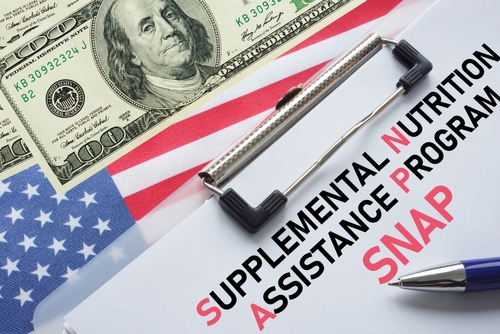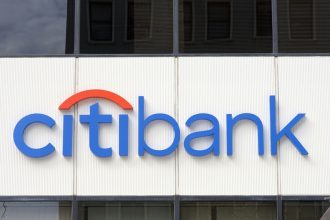A Nationwide Reapplication Order
The Trump administration has announced a plan requiring that each recipient of the SNAP program, until now known as food stamps, reapply for benefits. Agriculture Secretary Brooke Rollins said the move is designed to make sure all beneficiaries are “truly vulnerable” and dependent on the assistance. The USDA has yet to release details on how this reapplication process would differ from current procedures already in place.
Unclear Timeline, Growing State-Level Concerns
While Rollins emphasized fairness and accountability, the lack of an implementation timeline or a procedural road map has state agencies uncertain. Most states already require recipients to recertify income, employment, and household details every six months. It remains unclear how this new directive would affect those workflows-and whether more administrative burdens will fall to under-resourced local offices.
SNAP Spending Under Political Spotlight
The announcement has come at a time when SNAP faces renewed political scrutiny following a temporary lapse in federal funding during the government shutdown. The program, with nearly 42 million Americans enrolled and total expenditures nearing $100 billion in FY 2024, has been a target for fiscal conservatives looking to cut government spending.
Fraud Prevention Claims Met with Skepticism
The USDA cites fraud concerns, including misreported income, unauthorized EBT sales, and data errors, as reason to make people reapply. Rollins said the department matched more than 180,000 people listed as deceased still receiving the benefits. Anti-hunger advocates and state officials pushed back on that statistic, citing well-documented mismatches in federal and state data that produce false positives.
Data Privacy and Federal Overreach Concerns
In addition to procedural confusion, privacy concerns are also rising. The USDA requested sensitive information from states in order to audit the SNAP system, including Social Security numbers; 29 have complied, but many questioned the legal basis and transparency of the request. Lawsuits over such demands for data already abound.
Part of Broader Republican Budget-Cutting Strategy
The reapplication rule was part of the broader push to rewrite public benefits programs through the GOP’s “DOGE” budget cutting framework. The newly signed One Big Beautiful Bill Act cut $186 billion from SNAP, adding further work requirements and narrower eligibility standards to the program, with changes ranking among the most sweeping to the program in decades.
Trump’s stand: Yes to the vulnerable, no to the “able-bodied.” President Trump told the following in one of his recent speeches: “People who truly need SNAP must get it. But able-bodied people who leave their jobs to get benefits, that’s not the purpose.” The comments reflect a long-standing tension between welfare oversight and welfare accessibility, as debates over dependency, economic mobility, and food insecurity continue to evolve.






















